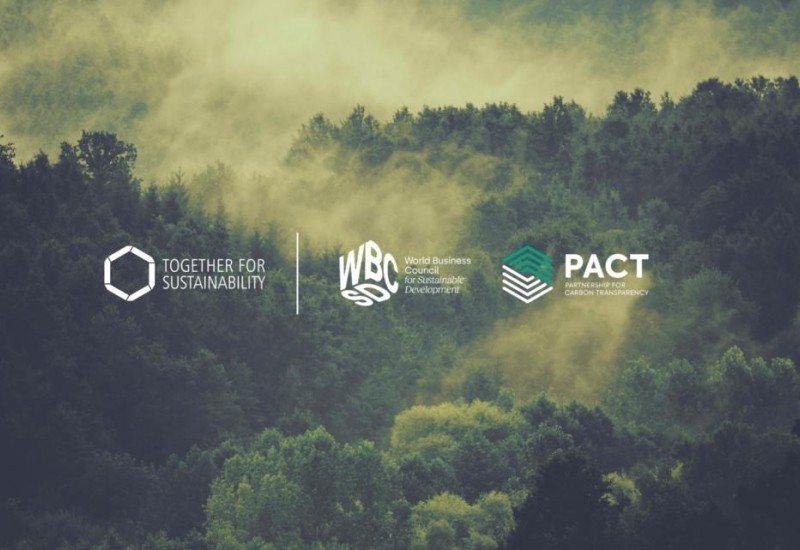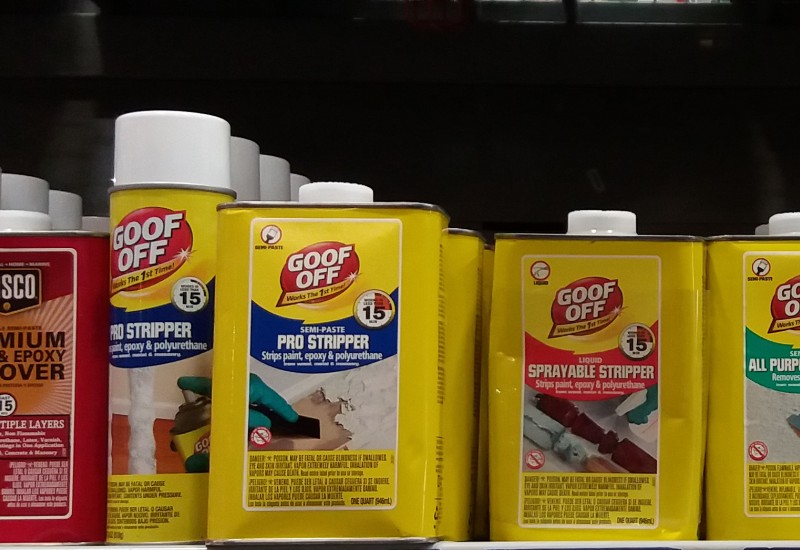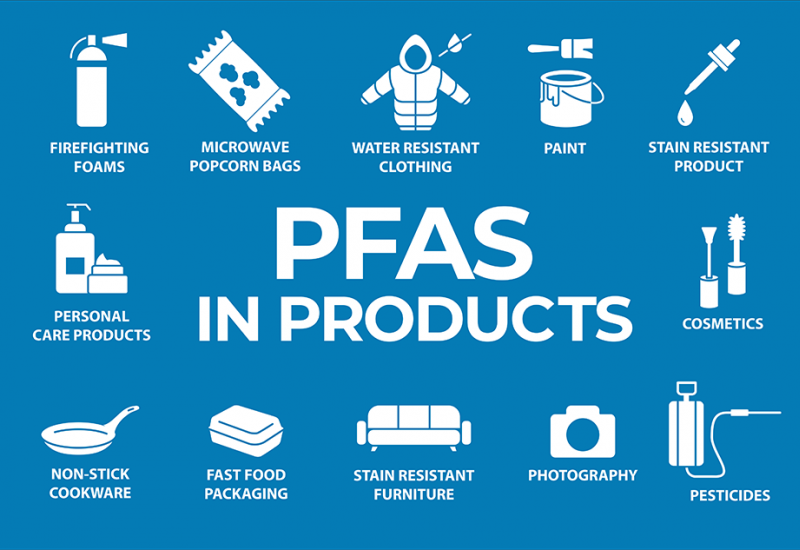TfS and WBCSD PACT join forces
Together for Sustainability (TfS) and the World Business Council for Sustainable Development's Partnership for Carbon Transparency (WBCSD PACT) have signed a Memorandum of Understanding to form a collaboration aimed at advancing sustainable practices within global supply chains. This follows several months of work to strengthen their relationship.















